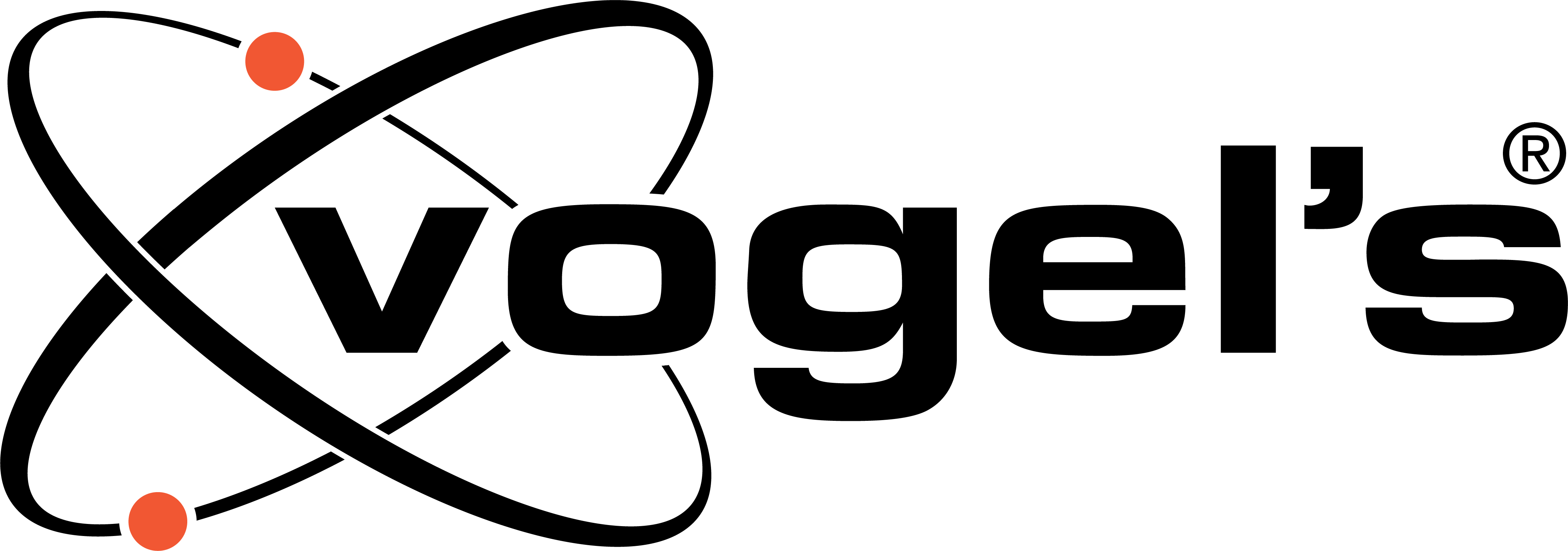

Vogel's Holding BV

North Brabant, Netherlands The
November 2024
Electrical equipment
Wholesale/Retail
Austria,
Belgium,
China,
France,
Germany,
Hong Kong S.A.R.,
Netherlands The,
Portugal,
Spain,
United States
The Dutch, family-owned company Vogel's has been making innovative AV mounting solutions for the consumer and professional market for more than 50 years. What began as a personal quest for perfection has evolved into an international successful company that manufactures a highly distinctive range of mounts and placement solutions for audio/video & multimedia equipment. Their products combine versatile functionality and robust performance with sleek design. Their solutions are based on the talent and commitment of people who care passionately about the products they create and the customers who use them. Sustainability is embedded in the companies DNA. In order to make the environmental impact of their products measurable, Life Cycle Assessment (LCA's) have been made for the most popular products. In their latest introduced consumer products, the single used plastics are substantially reduced, and fully recyclable packaging are used. Next to that, Vogel's designs their products according to their Design Manifest. They find it of utmost importance to make sustainable and quality-oriented decisions from the start since 80% of a products impact originates in the design phase. Want to know more about Vogel's? Visit their website: https://www.vogels.com/en-gb.
Overall B Impact Score
Governance 14.4
Governance evaluates a company's overall mission, engagement around its social/environmental impact, ethics, and transparency. This section also evaluates the ability of a company to protect their mission and formally consider stakeholders in decision making through their corporate structure (e.g. benefit corporation) or corporate governing documents.
What is this? A company with an Impact Business Model is intentionally designed to create a specific positive outcome for one of its stakeholders - such as workers, community, environment, or customers.
Workers 26.4
Workers evaluates a company’s contributions to its employees’ financial security, health & safety, wellness, career development, and engagement & satisfaction. In addition, this section recognizes business models designed to benefit workers, such as companies that are at least 40% owned by non-executive employees and those that have workforce development programs to support individuals with barriers to employment.
Community 16.1
Community evaluates a company’s engagement with and impact on the communities in which it operates, hires from, and sources from. Topics include diversity, equity & inclusion, economic impact, civic engagement, charitable giving, and supply chain management. In addition, this section recognizes business models that are designed to address specific community-oriented problems, such as poverty alleviation through fair trade sourcing or distribution via microenterprises, producer cooperative models, locally focused economic development, and formal charitable giving commitments.
Environment 19.4
Environment evaluates a company’s overall environmental management practices as well as its impact on the air, climate, water, land, and biodiversity. This includes the direct impact of a company’s operations and, when applicable its supply chain and distribution channels. This section also recognizes companies with environmentally innovative production processes and those that sell products or services that have a positive environmental impact. Some examples might include products and services that create renewable energy, reduce consumption or waste, conserve land or wildlife, provide less toxic alternatives to the market, or educate people about environmental problems.
Customers 4.0
Customers evaluates a company’s stewardship of its customers through the quality of its products and services, ethical marketing, data privacy and security, and feedback channels. In addition, this section recognizes products or services that are designed to address a particular social problem for or through its customers, such as health or educational products, arts & media products, serving underserved customers/clients, and services that improve the social impact of other businesses or organizations.